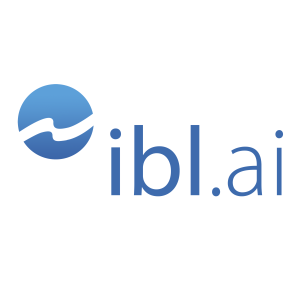
Monday Feb 17, 2025
University of Cologne: AI Meets the Classroom – When Does ChatGPT Harm Learning?
Summary of https://arxiv.org/pdf/2409.09047
This paper explores the effects of large language models (LLMs) on student learning in coding classes. Three studies were conducted to analyze how LLMs impact learning outcomes, revealing both positive and negative effects.
Using LLMs as personal tutors by asking for explanations was found to improve learning, while relying on them to solve exercises hindered it.
Copy-and-paste functionality was identified as a key factor influencing LLM usage and its subsequent impact. The research also demonstrates that students may overestimate their learning progress when using LLMs, highlighting potential pitfalls.
Finally, results indicated that less skilled students may benefit more from LLMs when learning to code.
Here are five key takeaways regarding the use of Large Language Models (LLMs) in learning to code, according to the source:
- LLMs can have both positive and negative effects on learning outcomes. Using LLMs as personal tutors by asking for explanations can improve learning, but relying on them excessively to solve practice exercises can impair learning.
- Copy-and-paste functionality plays a significant role in how LLMs are used. It enables solution-seeking behavior, which can decrease learning.
- Students with less prior domain knowledge may benefit more from LLM access. However, those new to LLMs may be more prone to over-reliance.
- LLMs can increase students’ perceived learning progress, even when controlling for actual progress. This suggests that LLMs may lead to an overestimation of one’s own abilities.
- The effect of LLM usage on learning depends on balancing reliance on LLM-generated solutions and using LLMs as personal tutors, and can vary depending on the specific case.
No comments yet. Be the first to say something!